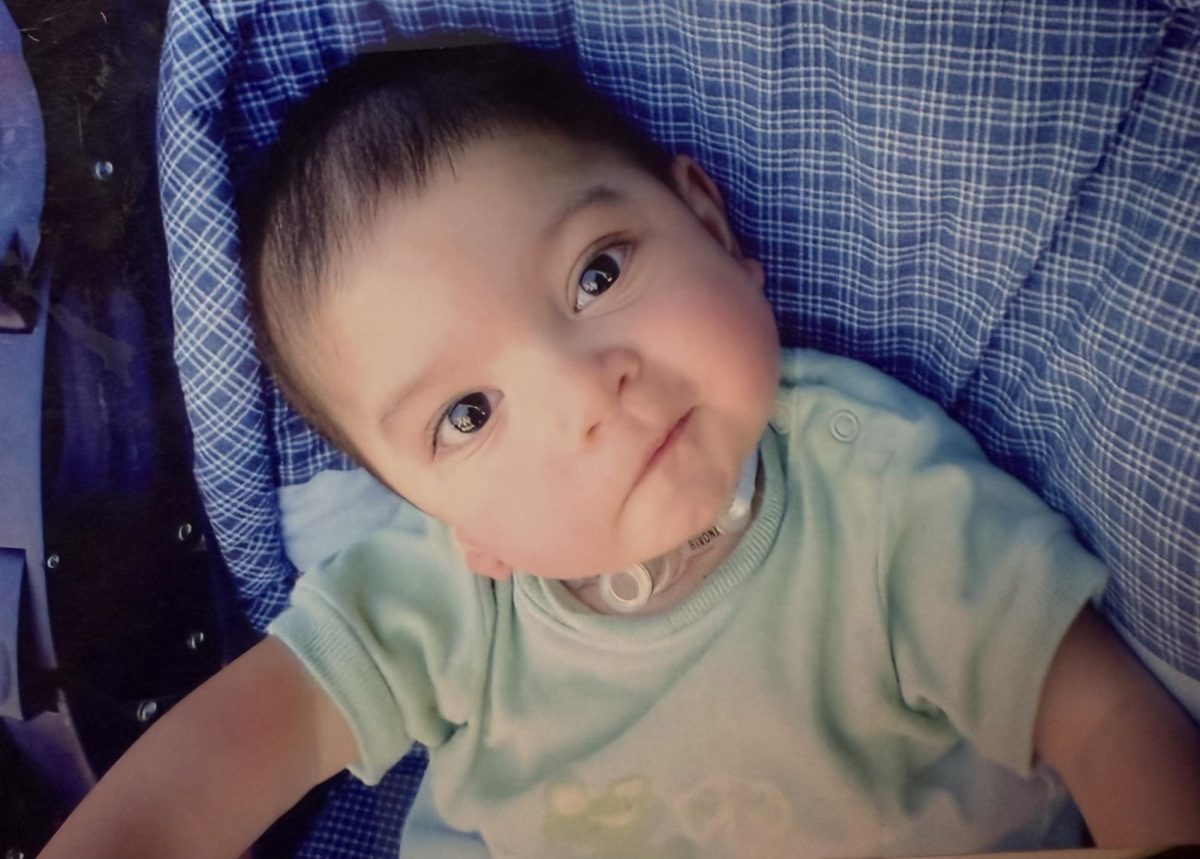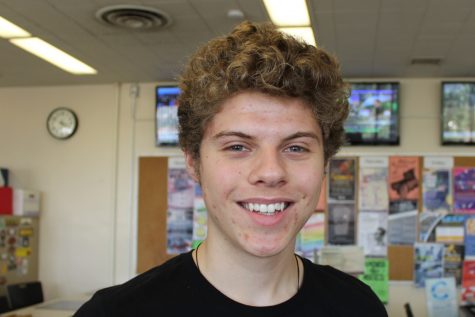Sure, it’s frustrating to see our campus take a left turn towards elitism. But, the new impaction proposal signals a lot more than an attempt to exclude those outside campus walls. It is a breach of trust from within.
The administration has made the show of inclusivity, hosting three hearings, an online comment form, and several meetings with faculty and staff in the last few months. But in these meetings, professors were not asked for feedback, but blessings.
“The proposal was rolled out to these groups as an advertising and public relations campaign. It was fait accompli,” read the joint faculty and staff impaction statement.
Particularly disturbing is that this is not even the first time administrators have bypassed the movers and shakers of Cal State LA on important pieces of legislation.
“The way that the impaction plan was developed and announced to the campus is yet another example of the break down of genuine shared governance on our campus. Past examples include semester conversion against the will of faculty and students, and the 4-year graduation mandate,” said Dr. Alejandra Marchevsky, Professor of Liberal Studies and Women’s, Gender and Sexuality Studies (WGSS) Studies.
Since the 1966 Statement on Government of Colleges and Universities, ‘shared governance’ has become an integral part of university administration, calling for shared institutional responsibility between faculty and administrators. Many faculty lament that since Covino took office in 2013, ‘shared governance’ at Cal State LA has all but vanished.
“The faculty voted against semester conversion, but it happened anyway,” said Dr. Beth Baker-Cristales, professor of Anthropology. “The faculty did not have a say when Covino disregarded the system-wide limits on enrollment on our campus and decided to let in thousands of extra students. These students could not find classes, parking, food, advisement, or other services because the campus was not prepared to accommodate them. Then, when the artificially-created enrollment crisis was at its worse, he decided for impaction, again without consulting with the faculty. If Covino valued shared governance and faculty input, he would have taken our opinions seriously during all of these damaging decisions.”
Parking, maintenance and other facility problems have always been troublesome at Cal State LA, but many professors do not see a solution in excluding students from enrollment. Some, like Ochoa, fear that administrators may be excluding students from the discussion with the assumption that they cannot handle the issue or that enrollment should not be one of their concerns.
“This is a generational campus. The campus and what the campus means to the area is generational, intergenerational,” said Ochoa. “Some of the students were saying to me, ‘my cousin wants to come here, my nephew.’ Everyone’s holding out hope. This is the engine of the community.”
Professors, like Ochoa, see the administrator’s attempts to include stakeholders as disingenuous ploys to appear on the side of the people. These meetings, including the public hearings held in February (only one of which was on campus), are touted by administrators as open forums, but many are doubtful.
“The fear is that when they make those presentations, which will sound logical, the broader questions won’t be discussed,” said Ochoa.





